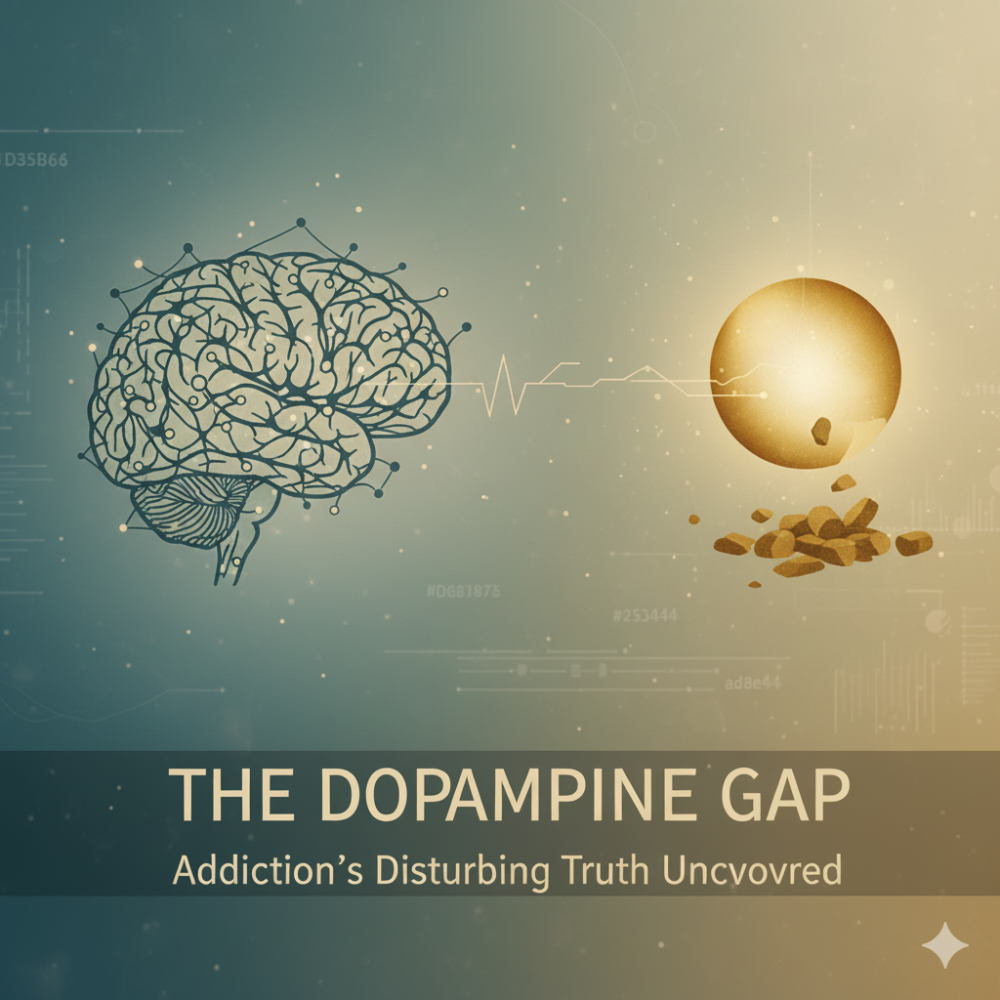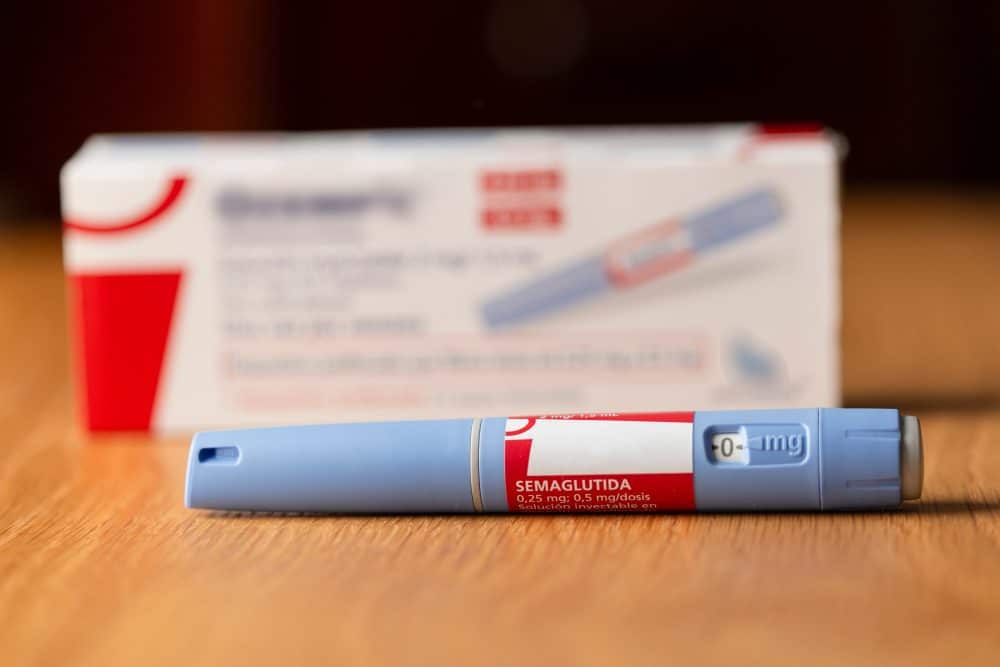In an era where “damp” lifestyles are gaining popularity, many people are seeking ways to moderate their alcohol consumption without necessarily pursuing complete sobriety. While the World Health Organization maintains that no level of alcohol consumption is completely safe, research shows that even modest reductions in alcohol intake can yield significant health benefits, including lower blood pressure and reduced cancer risks.
Expert-Backed Strategies for Drinking Less
1. Start with a Complete Break
According to Dr. Anna Lembke, chief of Stanford’s Addiction Medicine Dual Diagnosis Clinic, paradoxically, it’s often easier to stop drinking completely for a period before attempting moderation. The recommended approach:
– Take a four-week break from alcohol and watch for symptoms that require medical help listed below.
– Use this time to reset your relationship with drinking
2. Monitor Your Reaction to Sobriety
Expert Christopher Kahler from Brown University’s Center for Alcohol and Addiction Studies emphasizes the importance of paying attention to withdrawal symptoms:
– Most people can manage a few days without drinking however watch for warning signs like:
– Sweating
– Shaking hands
– Unusual discomfort
– Seek medical help if these symptoms occur
3. Leverage Social Support
Research suggests accountability significantly increases success:
– Share your goals with trusted friends or family
– Consider joining social media communities
– Participate in organized challenges like Dry January
– Use campaign resources and apps for support
4. Create Strategic Barriers
Dr. Lembke introduces the concept of “self-binding,” which involves:
– Physical barriers: Removing alcohol from your home
– Temporal barriers: Limiting drinking to specific occasions
– Biological barriers: Considering medical support for cravings
5. Pre-plan Your Drinking Occasions
Set clear boundaries in advance:
– Decide specific days for drinking
– Set drink limits before events
– Keep a simple diary to track progress
– Avoid drinking alone at home
6. Embrace Alcohol Alternatives
The growing “mocktail culture” offers numerous options:
– Explore non-alcoholic beers and wines
– Try crafted mocktails
– Alternate between alcoholic and non-alcoholic drinks
– Always keep water or soft drinks nearby
7. Understand Your Triggers
Experts recommend:
– Identifying why you drink
– Addressing underlying issues (e.g., social anxiety)
– Considering therapy if needed
– Developing alternative coping mechanisms
8. Track Your Progress and Benefits
According to Suzanne Colby from Brown University, people who reduce drinking often experience:
– Improved physical well-being
– Weight loss
– Better sleep quality
– Increased energy levels
– Enhanced concentration
– Financial savings
– Greater sense of control
Looking Forward
The journey to moderate drinking is highly personal, but research shows that even small reductions can lead to significant health improvements. Whether you’re participating in organized challenges like Sober October or creating your own “damp” lifestyle, these evidence-based strategies can help you achieve your goals.
—
*Expert Sources:*
– Dr. Anna Lembke, Stanford Addiction Medicine Dual Diagnosis Clinic
– Suzanne Colby, Center for Alcohol and Addiction Studies, Brown University
– Tim Stockwell, Canadian Institute for Substance Use Research
– Christopher Kahler, Center for Alcohol and Addiction Studies, Brown University
Tips for this post found via article posted at yahoo lifestyles by Rebecca Corey



